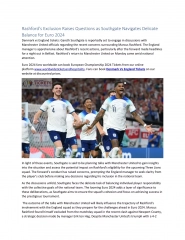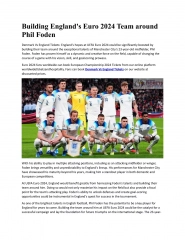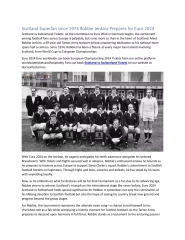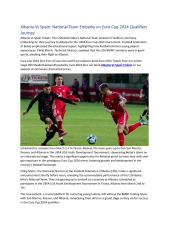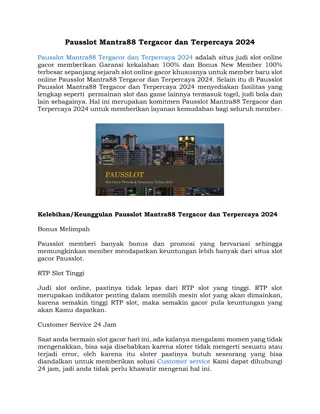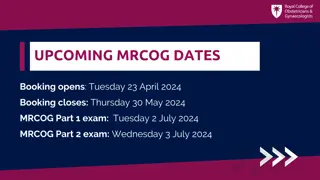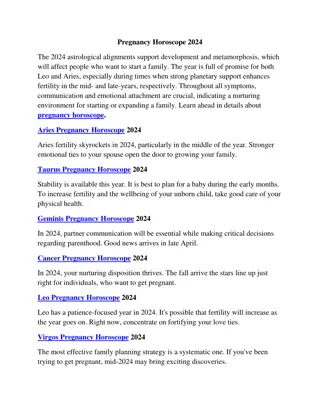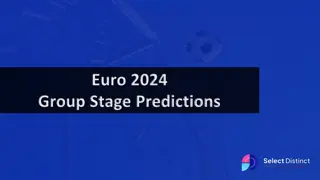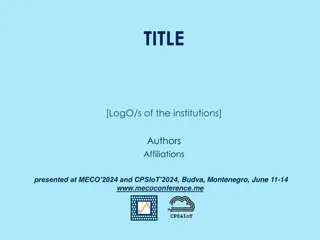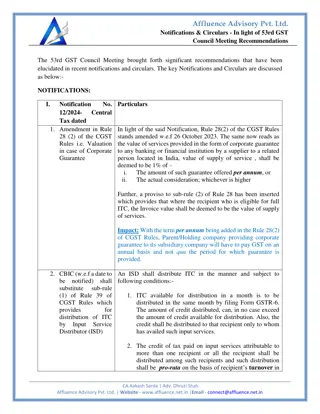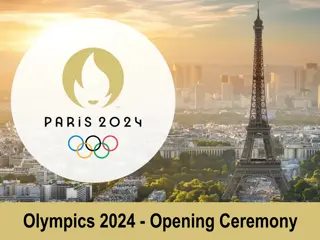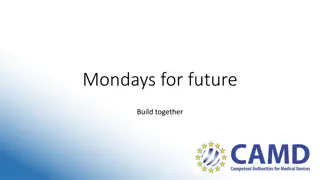
Understanding Complaint Processes at Tacoma Police Department
Learn about how complaints are received and classified at the Tacoma Police Department, including the handling of anonymous complaints, inquiries versus complaints, and the levels of investigations conducted. Discover the procedures for reporting complaints and the potential outcomes based on the investigation results.
Download Presentation

Please find below an Image/Link to download the presentation.
The content on the website is provided AS IS for your information and personal use only. It may not be sold, licensed, or shared on other websites without obtaining consent from the author. If you encounter any issues during the download, it is possible that the publisher has removed the file from their server.
You are allowed to download the files provided on this website for personal or commercial use, subject to the condition that they are used lawfully. All files are the property of their respective owners.
The content on the website is provided AS IS for your information and personal use only. It may not be sold, licensed, or shared on other websites without obtaining consent from the author.
E N D
Presentation Transcript
Tacoma Police Department Tacoma Police Department Bureau Level Complaint Process Bureau Level Complaint Process Presentation Presentation Internal Affairs Section Lieutenant Jeff Katz Sergeant John Correa Sergeant J. R. Smith Police Administrative Support Specialist Marie Nasworthy (IaPro/BlueTeam Administrator) 1
How Complaints Are Received How Complaints Are Received In-person (3701 South Pine Street) or with a field supervisor Phone in: (253) 591-5283 Internal Affairs line Via South Sound 911 (253) 287-4455 Via U.S. Mail Via Email (TPD-IA@cityoftacoma.org) Via a compliance agency (Department of Justice, E.E.O., Washington State Attorney General s Office, Outside agencies) Online: City of Tacoma SeeClickFix City Manager s Office, Elected Officials Officer Self-Reports (violation from BWC or Arrest etc.) Duty to Intervene (UoF or other allegation) BWC (Supervisors reviewing uses of force, pursuits etc.) 2
Anonymous Complaints From time-to-time anonymous complaints are received. (No contact information for follow-up etc.) However, the anonymous complainant must supply enough details in order for the complaint to be investigated Example of a vague complaint: TPD is harassing me versus I saw officer driving patrol vehicle #123 assault a subject that was driving a blue Chevrolet, License #123ABC 3
Inquiries vs. Complaints Inquiries vs. Complaints Inquiry Inquiry Is a communication which questions the conduct or performance of any member, or the Department. Usually, an inquiry is a question involving the reason or justification of the delivery of service or procedure used by a member of the Department. Complaint Complaint Is any communication, verbal or written, specifically conveying dissatisfaction with the performance or conduct of the Department or members of the Department or alleging misconduct or unlawful acts by members of the Department. Complaints may be handled at the bureau level or referred to Internal Affairs as appropriate. 4
Classifying Complaint Investigations Classifying Complaint Investigations Bureau Bureau Level Level Investigations Investigations If sustained, a Bureau Level investigation can result in counseling, verbal warnings, oral reprimands, and written reprimands. Documentation is maintained for a period of one year and managed (archived*) in IAPro unless part of progressive discipline. Bureau Level Written Reprimands are archived* after 2 years if there are no other similar sustained incidents. Department Department Level If sustained, are placed in employee s personnel file and archived* after 5 years if there are no other incidents of equal or greater severity resulting in discipline. Discipline for sustained complaints can range from written reprimands, economic sanctions to termination. Level Investigations Investigations * Current WA State retention law is 10 years past officer s separation from department 5
Progressive Discipline Progressive Discipline Progressive Progressive Discipline The concept of progressive discipline involves an attempt to re-train improper behavior using the least severe form of corrective action necessary and progressing through ascending stages of discipline when lesser forms have not succeeded in correcting the behavior. This concept does not imply that all situations must be dealt with by using every step in the process. Some incidents, because of the seriousness of the violation, may require more severe disciplinary actions beyond the initial steps. Mistakes Mistakes versus versus Misconduct Misconduct Discipline 6
Complaint Dispositions Complaint Dispositions Sustained Sustained Is a final disposition of a complaint when it is determined the Department member acted improperly with respect to the Department policy. Not Sustained Not Sustained Is a final disposition of a complaint when the investigation is unable to substantiate whether or not misconduct or violation of policy or procedures occurred. Unfounded Unfounded Is a final disposition of a complaint when the investigation revealed that the facts or actions alleged did not occur. Exonerated Exonerated Is a final disposition of a complaint when the investigation revealed that the facts or alleged actions were substantially correct; however, the conduct of the Officer was proper given the circumstances. 7
Common Inquiries and Complaints Common Inquiries and Complaints Can we do what we did? Why we did what we did? Why didn t we do what they thought we should do? A number of inquiries made by community members are a result of unrealistic expectations, a misunderstanding or a lack of knowledge in what we do, how we do it or who did it; (i.e. Complaints against SS911 Call Operators) Contact a South Sound 911 supervisor (253) 287-4455 8
Common Inquiries and Complaints Common Inquiries and Complaints Courtesy (rudeness, profanity) Driving Insubordination Unsatisfactory Performance Unbecoming Conduct Truthfulness (Brady decision, PIE) Off-Duty conduct Computer misuse (improper use of databases and social networking sites) Abuse of Power A majority of internally generated complaints are sustained (employee/supervisor complainants) 9
On-Duty vs. Off-Duty Employees can be held responsible for their actions while off-duty TPD employee s conduct, while in an off-duty capacity, could result in discipline by the department If working off-duty, officer will follow TPD Policy and Procedures (other off-duty work requirements) With social media, a direct nexus to the department is not necessary for there to be a violation (1st Amendment rights are not absolute with police/public employees) 10
IAPro/BlueTeam Management System IAPro/BlueTeam tracks all Complaints, Inquires, Uses of Force, Pursuits, and Vehicle Accidents IAPro/BlueTeam is a computer program/database that allows for reports & queries to be generated from information entered into the system Routings can t be deleted, changed etc. C.A.L.E.A. (Commission on Accreditation for Law Enforcement Agencies) requires yearly reports & reviews Includes Early Intervention System - a tool used to identify and support employees who demonstrate characteristics that may affect job performance not punitive *Current WA State retention law is 10 years past officer s separation from department 11
Early Intervention Thresholds Indicator Criteria Threshold Levels CALEA 35.1.9(a) A. Use of Force (Low Level vs. Intermediate) 7 or more within 6 months B. City Vehicle Accidents 3 accidents within 24 months C. Receipt of a Blue Team, Department or EEO Complaint CALEA 35.1.9(b) 3 or more within 12 months D. Pursuits 4 or more within 6 months E. Receipt of commendations and awards Reviewed by the Chief s office for consideration of additional recognition F. Supervisory Recommendation Each will be reviewed 12
What is the Bureau Level Complaint Process? NOTE: A typical chain of command routing through BlueTeam is the Bureau Sergeant to Lieutenant, to Captain, to A/C, and back to IAPro/BlueTeam Administrator (noted as IA) Complaint received and a brief synopsis (not investigation) is entered into BlueTeam by the supervisor Routed through the chain of command to determine the appropriate investigator. Routed back to IA with instructions for investigation Is it an Inquiry? Bureau Level or I.A. Level? IA sends complaint via BlueTeam to the supervisor for investigation 14
Once investigation is complete, the supervisor routes it back through the chain of command (through A/C) for review, findings and discipline/training if appropriate. Does it need additional investigation? Ultimately, routed back to IA Once the completed complaint investigation is back to IA, IA summarizes the various documents of the investigation into a formal memorandum. IA and the ASB Assistant Chief review the investigation which can be sent back to the Bureau if needed for additional investigation The memorandum is forwarded to the Chief of Police (COP). If approved, COP forwards summary to City Manager s Office (CMO) 15
If CMO approves complaint investigation, CMO sends formal letters to complainant regarding disposition/findings Discipline is not addressed IA Phone # is noted on the CMO s letter IA coordinates discipline documents and/or training and routes those as appropriate for completion Community s Police Advisory Committee (CPAC) reviews investigation dispositions sent by CMO Once a complaint is completed through the CMO, a resolution letter is sent from IA to the involved employee and the complaint is formally closed 16
Community Member Complaints 2022 Community Member-Only Complaints* Bureau supervisors investigate most complaints In 2022 there were 128 allegations (85 complaint investigations) against department members. There were 148,836 calls for Police Service including self- initiated (subject stops, traffic stops, pro-active policing such as Problem Oriented Policing (POP) FINDINGS: 40 were Exonerated, 52 were Not- Sustained, 28 were Unfounded, 8 (6%) were Sustained *As reported on the 2022 IA Year-end report 17
Questions? 18

